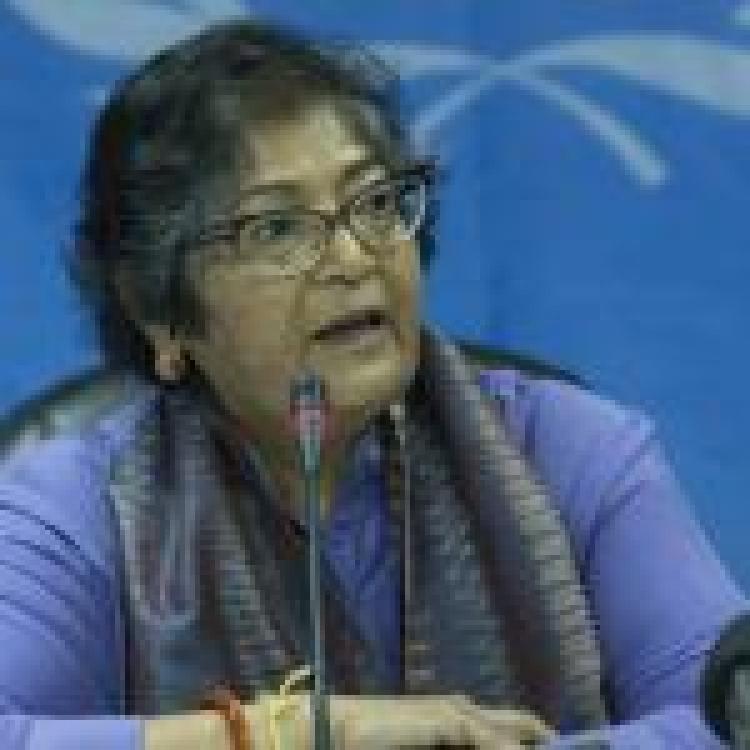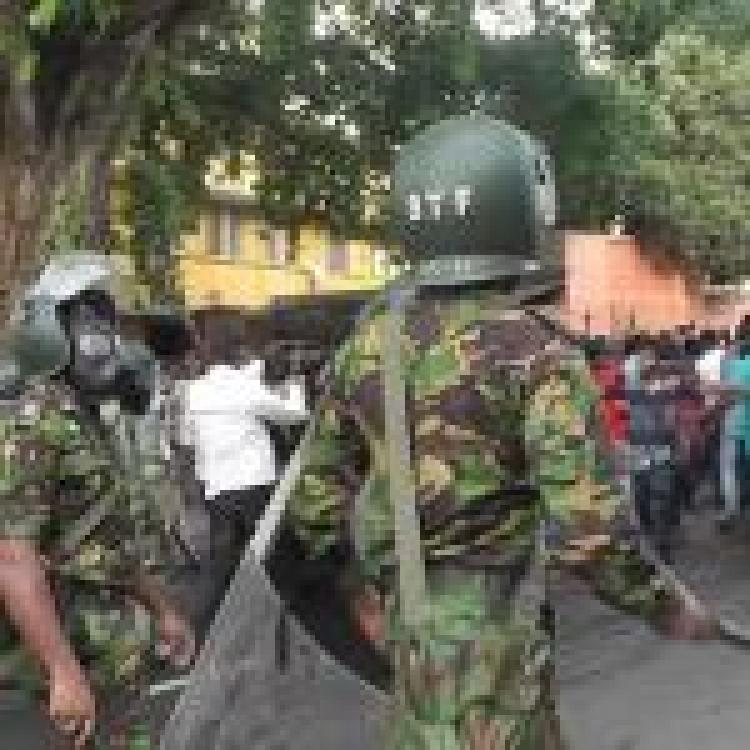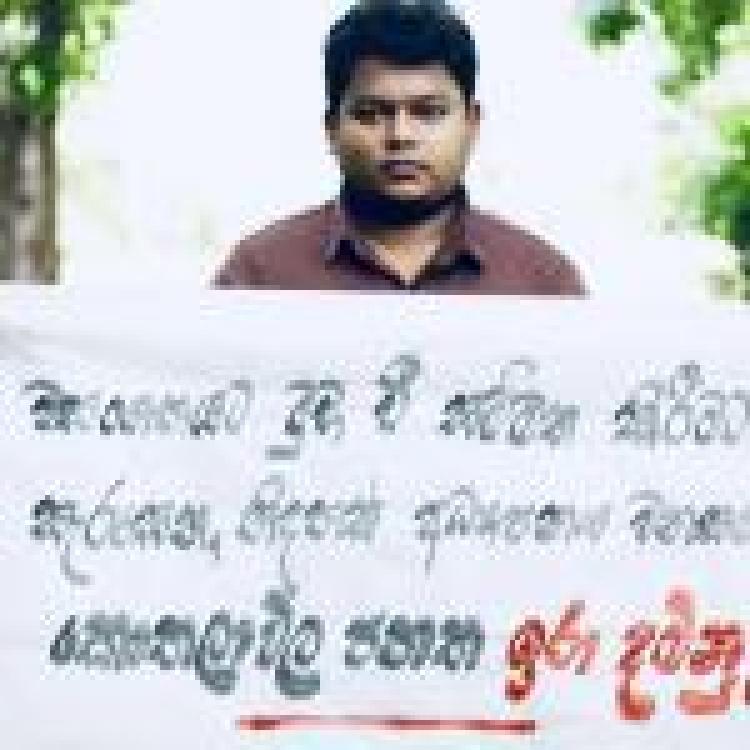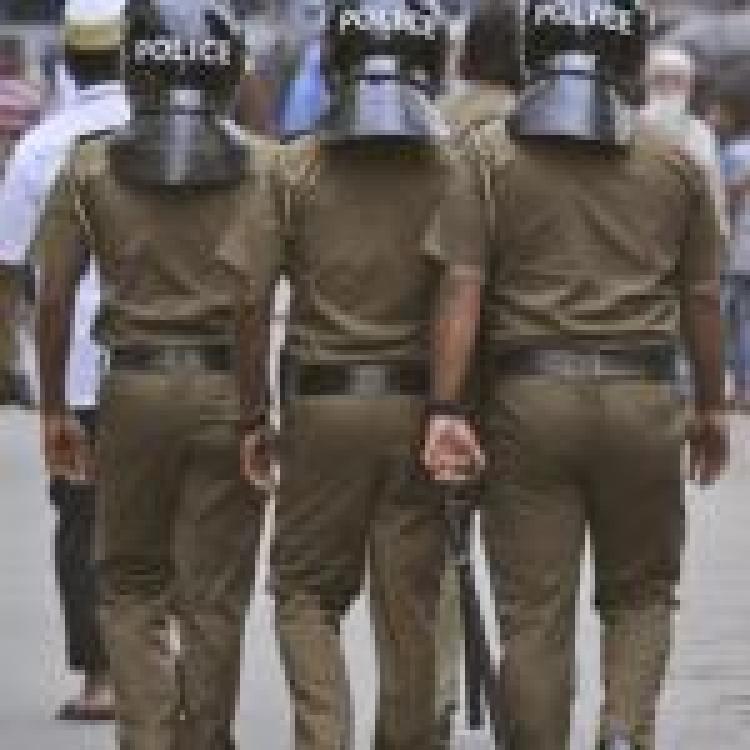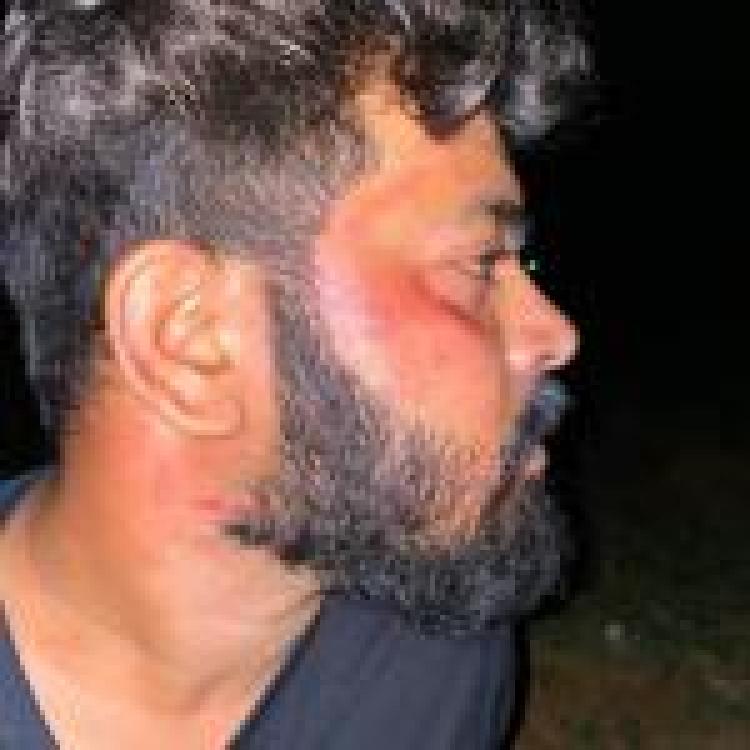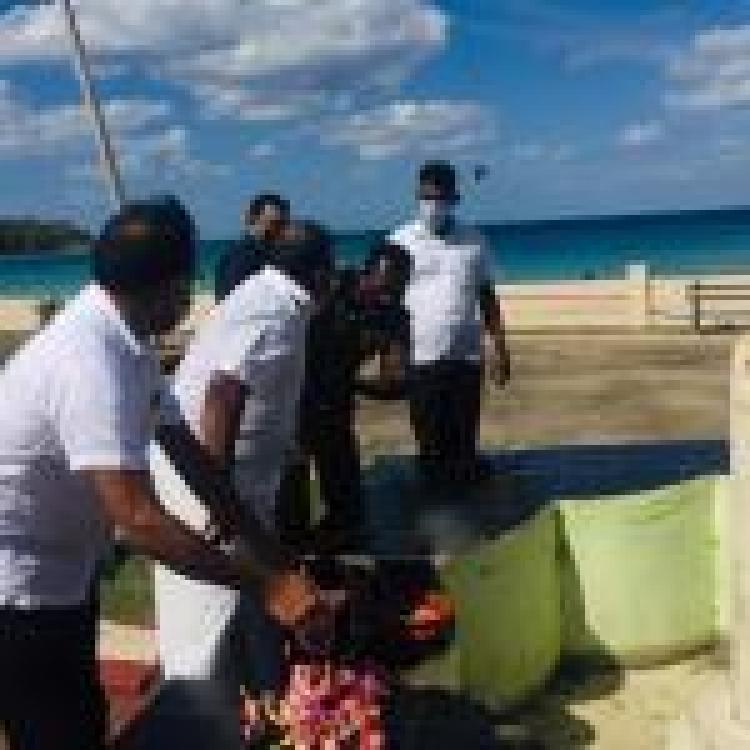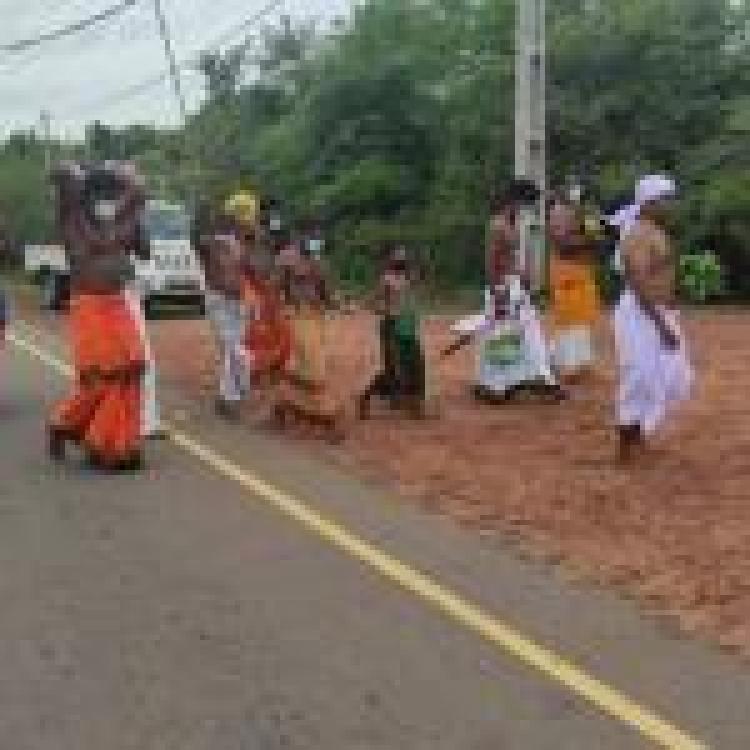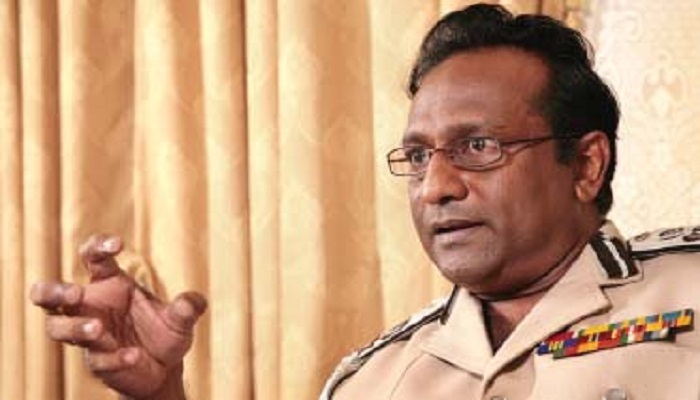
Responding to Police Scotland’s suspension of its police training programme, due to human rights concerns, Sri Lanka’s Public Security Minister, Sarath Weerasekara, decried the decision as “unfair”.
“How can they level any such charges? Have they actually done any investigation to prove those claims? It is very unfair if they (Police Scotland) have suspended such a training programme simply on such claims,” the minister complained.
The suspension follows a damning report by Human Rights Watch (HRW) which called on international partners to end its engagement with Sri Lanka’s “abusive law enforcement agencies”. In their report, HRW highlights abuses by Sri Lanka’s police including arbitrary detentions, police brutality, and extrajudicial killings.
Caught by surprise
![]()
Police Scotland has insisted that suspension of its training programme, pending a risk assessment, had come in mid-May, prior to the release of this report. However, two weeks prior to the announcement, Police Scotland had released a press statement detailing that they were "halfway through a three-year programme of work" funded by the British High Commissioner for Colombo.
Weerasekara told reporters yesterday that he was unaware of this suspension, as has Police Spokesman and Senior Deputy Inspector General (SDIG) Ajith Rohana. The programme had been running for over ten years and in January 2021 was renewed for two years.
Commenting on the announcement, investigative journalist, Phil Miller, stated:
“For years my investigations raising concerns about this scheme were ignored by the Scottish police college but perhaps the appointment of a Hitler admirer as State Minister”. However, he further notes that “it remains to be seen whether they will pull the plug completely”.
Miller’s work has documented the abuses by Sri Lanka’s police and uncovered their relationship with Police Scotland.
Since 2007, Scottish Police have almost continuously trained Sri Lankan officers. Since 2012 there have been 90 separate deployments of police officers or police staff to Sri Lanka to deliver training.
Lending legitimacy
![]()
Responding to the announcement, the International Truth and Justice Project (ITJP) noted that since 2016 they had campaigned for an end to the UK’s training of Sri Lanka’s police as Sri Lankan authorities had used this programme to whitewash their crimes
In 2016, the Sri Lankan delegation to the UN Committee Against Torture included a police officer named in a UN investigation as being in charge of one of the worst torture sites at the end of the civil war.
The ITJP reporting has uncovered the systemic use of torture by Sri Lanka’s officers and documented 178 credible cases of torture from 2015-2018. In their reporting, they have further named individuals implicated in torture in problematic police units and maintained that this figure is likely “only the tip of the iceberg”.
Read more here.

